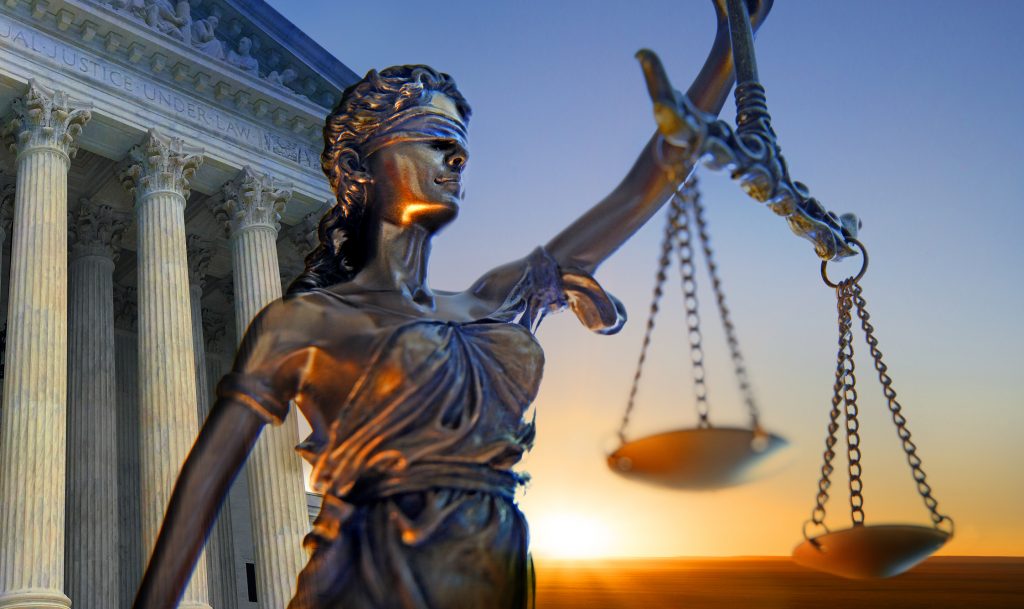
I found an interesting quote in a Japanese magazine.
“During history, ‘justice’ killed way more people than ‘evil.’ Justice is a drug. It gives you a high and blinds you. Once infected, you can kill countless people.”
This quote was written before the current riots and bears no relation to what is going on in this country. The author is reflecting on Japanese history. But, it makes a good point. The danger of being justice-oriented is the danger of blinding yourself to people. As long as you can say that you are dealing justice, you need not consider the person, the circumstances, or whether what you think is just is truly just.
“But if you had known what this means, ‘I desire mercy and not sacrifice,’ you would not have condemned the guiltless.” — Matthew 12:7.
I think I am beginning to understand why the Early Church Fathers spoke about the healing that Christ brings us, and the Church as a place in which people can find healing, and our role as bishops, priests, and deacons to minister that healing. An emphasis on justice can lead to condemning the guiltless, as Matthew 12:7 warns us.
It is interesting to note that an insistence on the law actually leads to the lawless act of “condemning the guiltless.” This is because an emphasis on mercy investigates more thoroughly, and looks for ways to not condemn, than an emphasis on ensuring that the last jot and tittle of the law is kept. It is also because a thorough emphasis on justice can easily lead to the misinterpreting of the acts of a person in the worst possible way.
In the context of Scripture, it led to the head of a synagogue complaining that Jesus had violated the Law because he healed on the Sabbath. Jesus pointed out the contradiction in that if someone’s cow fell in a hole on the Sabbath, work would promptly be done in order to save the cow. That is, the life of the cow and the life of the person being healed are more important than a strict observance of the Law.
We feel the same. Every summer there is a story of a police officer correctly enforcing the law by closing a child’s lemonade stand. And, every summer we read about how horrified people were that an innocent child was traumatized by the police officer. That is, we consider the person to be of more importance than the law that really was violated. In other words, we consider the child to be guiltless.
An emphasis on the law actually leads, as in the Bible and as in the summer example I gave, to less justice rather than more. An emphasis on mercy, rather than sacrifice does not lead to lawlessness. It leads to healing and reconciliation. It does not mean that evil people supposedly get away. It means that innocent people are not condemned. An emphasis on healing allows for the repentance and “turning around” of many who are evil toward the light. Penitentiaries comes from the word penitence. Originally, Quakers in Pennsylvania thought of them as places in which people could reflect on their sin and, as they healed, be released back into society. This was no Pollyanna idea, it was firmly founded on a reconciliation model of incarceration.
Do I think that all evil people will change? No! But, I do believe that when justice becomes the end all and be all of our approach to people, we shut change and repentance off and we justify the types of mistreatment that are so common in many parts of our prison system. Mercy does not mean foolishness. But, it does mean openness to repentance and change. This is why mercy and healing work more change than law and order.



Leave a Reply